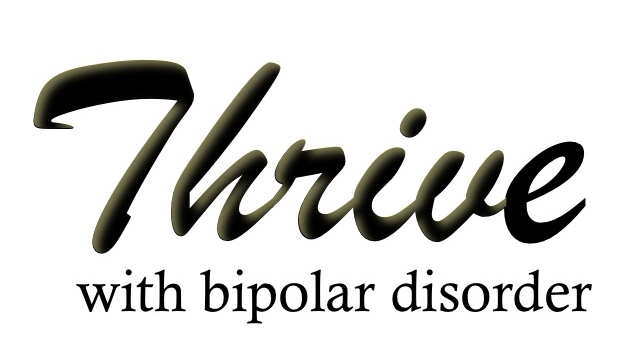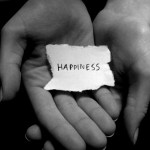Using this analogy…
“There was a sidewalk that had a hole in it. As I walked by it I fell into the hole. The next day as I walked by I walked around the hole. The following day I crossed the street when I saw the hole. Finally, I chose a different street. It’s small goals, one day at a time”
I will break down baby steps.
Step 0
If we can’t see or feel where we are we are and that there is a place to stand…we can’t stand, period.
If we CANNOT see that we are having an episode, an emotional roller-coaster, an emotional outburst or responding impulsively
…this is where we are.
0.25 If we can see where we are, but don’t have a place to stand…at least we know that standing is possible.
If we CAN see that we are having an episode, an emotional roller-coaster, an emotional outburst or responding impulsively
…this is where we are.
0.50 If we know standing is possible, yet we do not have the strength to stand for long…we can practice standing for a little bit at a time, then rest.
We stand here when we see that it is possible to prevent
an episode, an emotional roller-coaster, an emotional outburst or responding impulsively
but we do not know how.
0.75 If we can get ourselves standing we can begin to build balance and practice standing with balance.
We stand here when we see that it is possible to prevent
an episode, an emotional roller-coaster, an emotional outburst or responding impulsively
but we do not know how…but we are learning and trying to see what works for us.
Step 1
We stand with balance and take our first step forward by channeling our strength:
a.) we have to free up a foot so it can move…this is the same as freeing up our thoughts in order to think differently.
b.) we have to plant our other foot and leg with strength in the ground and keep balance as we use it to propel ourselves forward…this is the same as taking what has worked in the past to help us and using it in the present.
We stand here when we see that it is possible to prevent
an episode, an emotional roller-coaster, an emotional outburst or responding impulsively
AND we have figured out what works for us…we just have to develop our ability to implement it.
[box type=”info”]
BECAUSE WE ARE NEW TO WALKING…WE WILL FALL IN HOLES AND TRIP ON CRACKS.
And even when we are great walkers, there will be times when we trip and will either have to catch our balance really quickly or fall down and get back up again.
THE KEY IS TO NOT FORGET THAT WE KNOW HOW TO WALK.
This is true for episodes, emotional roller-coasters, emotional outbursts and impulsive behavior.
[/box]
Step 2
We have to learn to recognize what holes and cracks look like….this is the same as recognizing what triggers episodes, emotional roller-coasters and outbursts and impulsivity.
We won’t see every episode, an emotional roller-coaster, an emotional outburst or responding impulsively that are out there…we will still fall from time to time, but we will get better at recognizing them.
Step 3
We have to be able to see where our FOOT ends and where the hole or crack begins so we don’t put our foot in it…
This is the same as learning with time what makes who you are different from an episode, an emotional roller-coaster, an emotional outburst or an impulsive response.
DOING THIS COMES WITH TIME AND A LOT OF PRACTICE.
Step 4
Once we know that we are NOT the hole or crack…when we know that we are affected by the hole and crack…then we have power to respond to the hole and crack differently.
WE HAVE POWER TO RESPOND TO EPISODES, EMOTIONAL ROLLER-COASTERS, EMOTIONAL OUTBURSTS, AND IMPULSIVE RESPONSES DIFFERENTLY…when we catch that we are having them.
Step 5
NOW we have OPTIONS…
We can start by seeing the hole or crack and pointing at it and saying, “There’s that damn hole / crack/ episode, emotional roller-coaster etc that made me fall down. I hate it!”
5.25. Next we can make up our minds that, “I am going to do my best to not step on this hole / crack / episode / emotional roller-coaster / impulse etc because I am going to pay attention to where the cracks and holes are in my life.”
5.50. We can make a decision, “I will choose how I respond to this hole/ crack / EMOTION I am feeling.”
JUST BECAUSE WE HAVE AN EMOTION DOES NOT BELIEVE IT IS TRUE.
We can choose how to respond if we take time to breathe and think before we automatically respond to the emotion.
5.75. Then, I will make it harder for the hole/crack/etc to trip me and make me fall down by not even getting close to it…I will cross the street.
Emotionally that would be NOT responding right away to every feeling we have. It would be noticing the feeling and letting it pass.
Step 6
“I will take a different street that does not have as many holes and cracks on it.”
What this means is choosing HOW WE THINK AND CHOOSE TO RESPOND in ways that are supportive of who we are and making choices that reflect what we want for ourselves.









